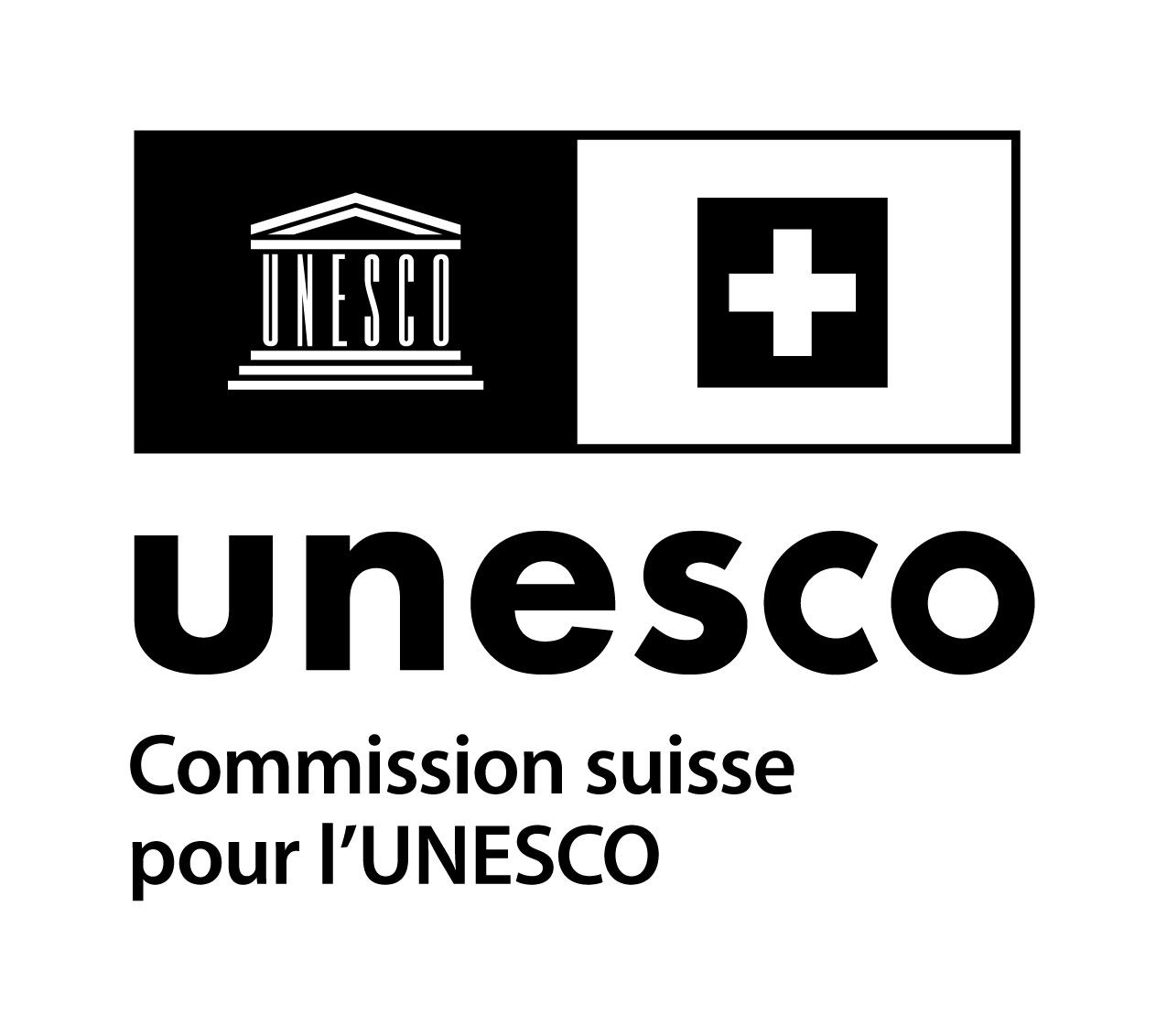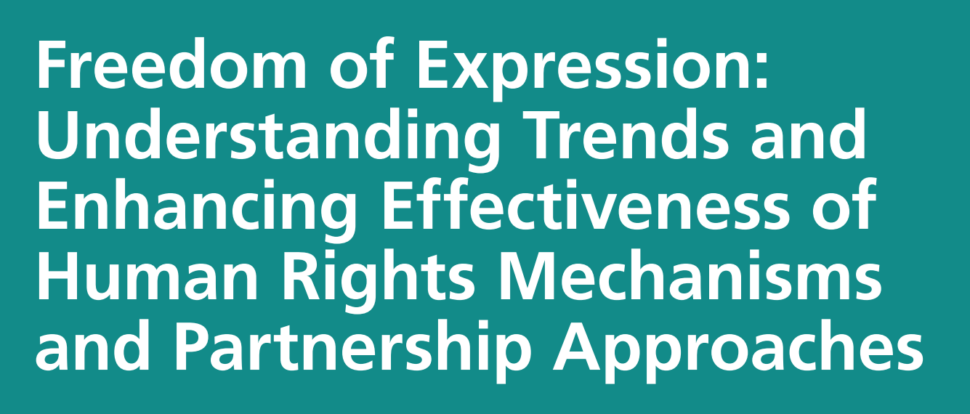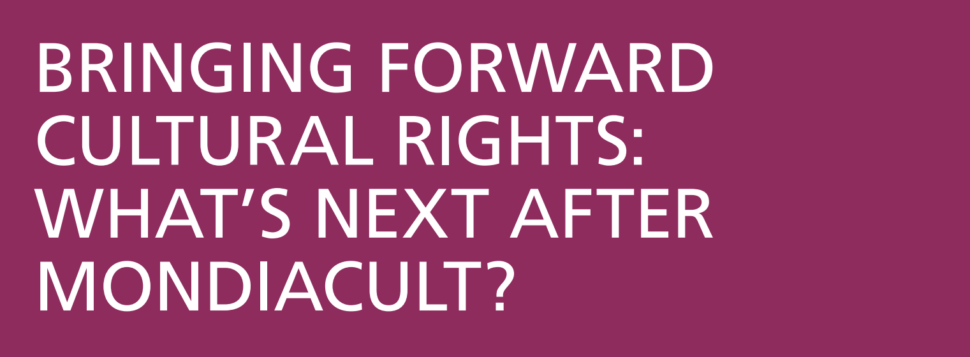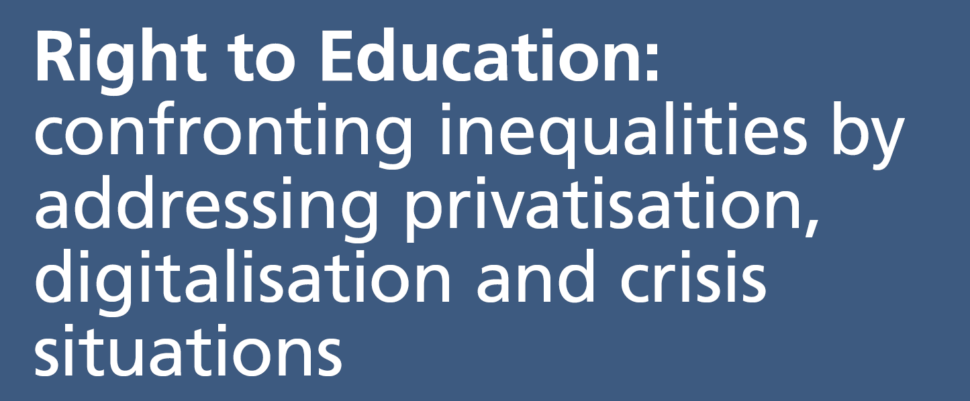Geneva Human Rights Dialogues
Human rights are at the heart of UNESCO’s mission, in accordance with its 1945 Constitution. The first United Nations agency to incorporate the 1948 Universal Declaration of Human Rights into its actions, UNESCO is committed to promoting these rights in all its programmes, in collaboration with its Member States, other United Nations entities, partners and human rights institutions.

June 2024: dialogue on the right to education at the International Bureau of Education (IBE), Geneva. © Swiss Commission for UNESCO
Several specific rights of the Universal Declaration fall within the competence of UNESCO, in particular:
- The right to freedom of opinion and expression (article 19)
- The right to education (article 26)
- The right to benefit from scientific progress (article 27)
- The right to participate in cultural life (article 27)
Concept and objectives of the Dialogues
To support the advancement of respect for and the application of these rights, the Swiss Commission for UNESCO launched the initiative ‘UNESCO & Human Rights: Geneva Dialogues for Enhancing Cooperation and Effectiveness’ in 2021. In collaboration with the UNESCO Liaison Office to the United Nations in Geneva, the University of Geneva, the OHCHR and the NGO Regard, this initiative aims to promote innovative approaches and foster partnerships in the fields of education, science, culture, communication and information. Its objective is to intensify learning and improve practices within UNESCO and its networks, while addressing current human rights challenges.
The Geneva Dialogues, organised within this framework, bring together key partners to discuss common issues and develop more coherent and effective cooperation. These meetings serve as a platform to examine current trends, share good practices, and strengthen collective action around multilateral mechanisms for the protection of human rights.
In terms of results, the Dialogues are conceptualised in such a way as to facilitate the drafting of a summary report presenting emerging issues, challenges, key lessons of cooperation and recommendations for UNESCO and other actors in each human rights area covered.




